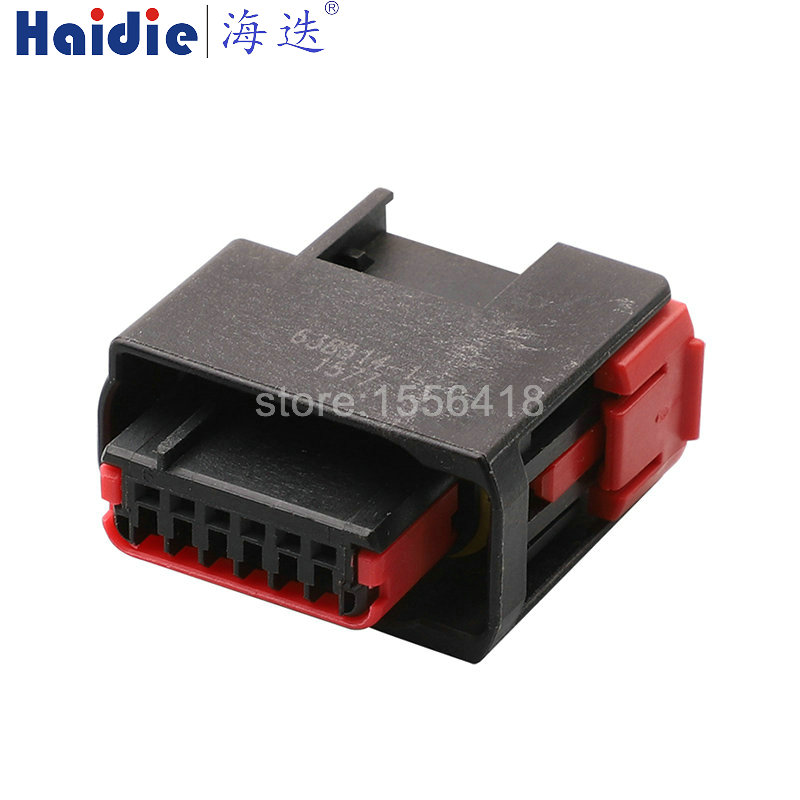The automotive connector is an essential component in the automotive electronic system, which is responsible for connecting various electrical equipment of the car to realize signal transmission and control functions. The high-precision and high-reliability requirements of its manufacturing process and its wide range of applications make it a very important part of the manufacturing of automotive components. The following is the process flow and related technologies for the production of automotive connectors:
1. Material preparation
Automotive connectors mainly use a mixture of metal materials and polymer materials, and are required to have excellent characteristics such as waterproof, chemical resistance, and low temperature resistance. Metal materials mainly include steel, copper, aluminum, etc., and polymer materials include polyimide, polyamide, polystyrene, etc.
2. Design and mold opening
The design of automotive connectors is mainly based on the function, size and interface of electronic equipment to design the corresponding connector shape. The mold is usually designed and produced by CAD software.
3. Injection molding
Using molds and polymer materials for injection molding to make the shape of the connector shell, through high-precision injection molding technology, high-quality, high-precision connector shells can be produced.
4. Metal processing, crimping, welding
The electrical interface inside the connector is made of metal materials and requires machining, crimping and welding processes to complete. This process requires a high degree of precision and technical skill, as these connections are how electrical signals are transmitted. Crimping and soldering are common connection techniques that allow for reliable, low-cost connections.
5. Assembly and testing
The assembly of the connector needs to go through a strict process, including standard wiring, installation of injection molded parts, sealing and other links. After assembly, the connector needs to be tested to ensure the reliability and stability of signal transmission. Testing requires the use of high-precision testing equipment to detect the electrical performance, number of plugging and unplugging, and waterproof performance of the connector.
To sum up, the manufacturing process of automotive connectors is a highly sophisticated process that requires the use of various professional techniques and equipment to ensure production quality and connection reliability. Among them, injection molding technology, metal processing technology and connection technology are the keys to making high-quality automotive connectors. In addition, with the continuous updating of automotive electronic systems, the connector manufacturing industry also needs continuous innovation and improvement to meet the increasingly complex needs of modern vehicles.
Post time: Apr-01-2023


